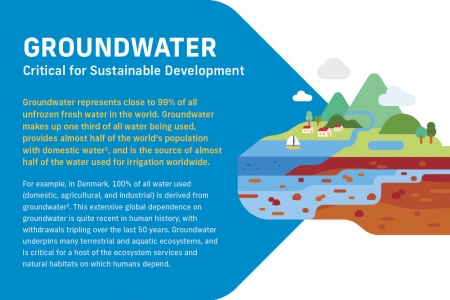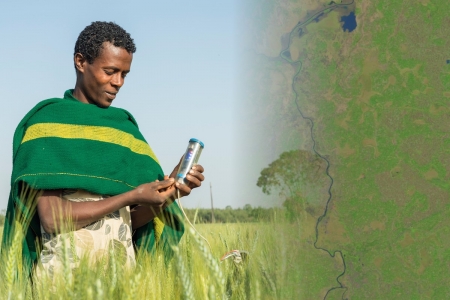Also published as an Op-Ed in Thomson Reuters Authored by signatories of the Global Groundwater Statement.
On our increasingly unpredictable planet, the world’s focus tends toward major ‘visible crises’ like floods, droughts, storms and conflict. What is often left under the radar, and under our sightlines, is groundwater. Hidden under the earth, making up 99% of the Earth’s liquid freshwater, it sustains our crops, fills our drinking glasses, and is a critical element of climate change adaptation solutions that could protect billions.
But it is increasingly under threat from overexploitation and contamination. Given the risks this poses for our future, we are joining 700+ global experts to call for action.
Many benefit from groundwater unknowingly. It underpins many terrestrial and aquatic ecosystems that humans and natural species depend on. Over two billion people rely on it for drinking water. It provides tap water for many of us lucky enough to have a daily secured water supply. It makes up more than 40% of the water used for agricultural irrigation worldwide. And for millions who depend on daily access through local hand pumps, it is all too tangible.
Groundwater is especially essential for millions of low income smallholder farmers in the Global South who rely on it in dry areas or during drought. It is basically a lifeline for their well-being, food security and livelihoods.

But in many places the life-giving and resilience support provided by groundwater is under threat – from over-exploitation and contamination, mostly due to poor understanding and poor land use planning and inequitable management.
Around 1.7 billion people live above aquifers that are stressed by overuse. Across regions of South and Eastern Asia, the Middle East and Northern Africa, the opportunity to cushion droughts by groundwater is shrinking and increasingly seized by stakeholders with financial means to drill deeper, leaving smaller users ‘high and dry’. Climate change only increases their vulnerability. And the impacts could exacerbate the ‘visible crises’, of massive food insecurity, conflict and human tragedy.
Given this, the International Water Management Institute (IWMI) and partners have joined nearly 800 other global scientists, practitioners and experts in a call to action, published this week in Nature. Our statement raises the alarm that we are not sufficiently protecting and managing our global groundwater resources. If we do not act now, we face long-term declines in the planet’s ability to support drinking water and food production, and adapt to climate change.
As this week’s COP25 shows, climate adaptation is increasingly seen as a matter of smart water management. Evidence indicates that countries that manage water resources effectively, can better bolster resilience in times of floods, droughts and extreme temperatures. Groundwater needs to be at the centre of this focus. It must be integrated into adaptation strategies to bolster resilience for all.
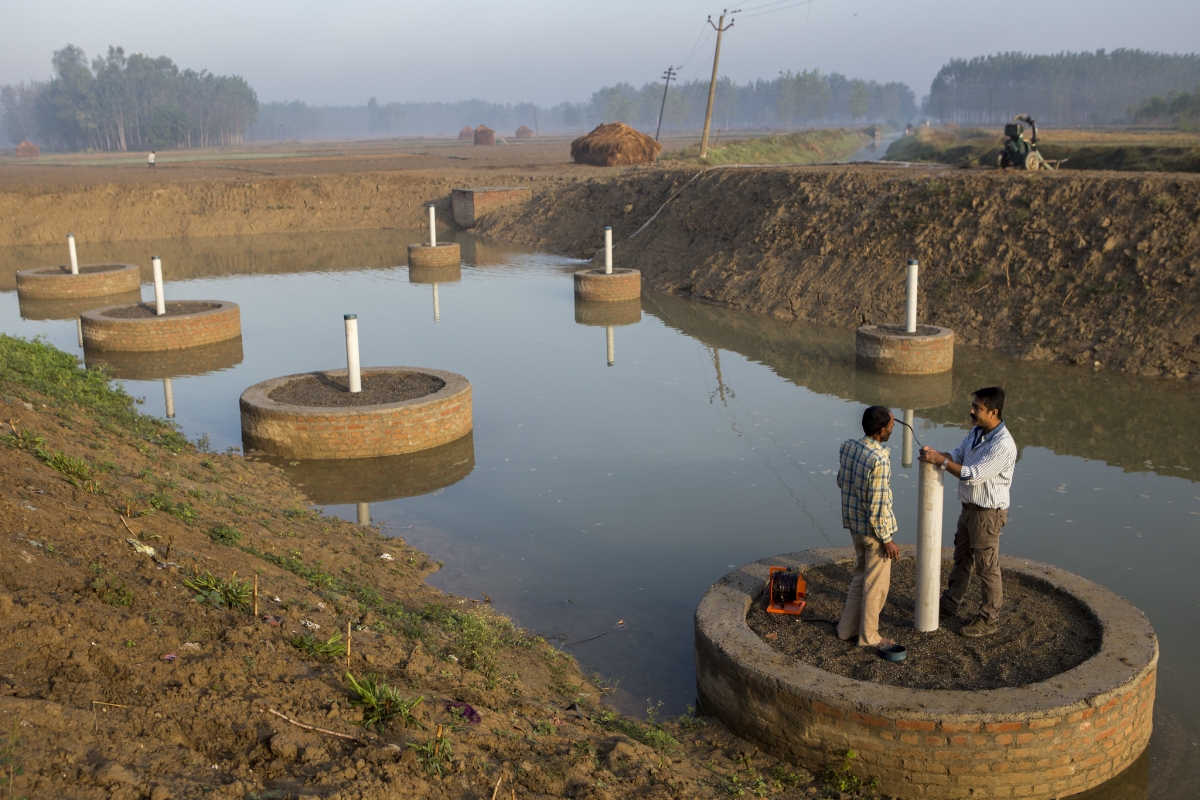
The destructive impacts of climate change seem to be following the trajectory predicted by scientists. So, at the doorstep of the United Nations “decade of action” launched at this week’s UN COP25 Climate Change Conference in Madrid, our group of 700+ groundwater experts from more than 80 countries call for the following three global actions.
First, we need to put the spotlight on global groundwater. It is so inextricably linked to the Sustainable Development Goals (SDGs) that we call for a Global Groundwater Summit in 2022, the year when groundwater will be the UN World Water Day’s key focus. This will bring high-level policy makers together to commit to major investments and management plans.
Second, we must commit to sustainable groundwater management and governance from local to global scales. This means applying guiding principles that ensure we store and protect high-quality groundwater locally and regionally, including within transboundary basins and aquifers. This needs to be done inclusively, equitably, and long-term.
And third, we need to invest in groundwater governance and management. This means developing transparent global monitoring and reporting systems, incorporating measures to recharge and protect the quality of groundwater, and coordinating management of groundwater with surface and new water sources. This requires working with local and regional institutions and stakeholders to strengthen their capacity, as well as raising awareness with agricultural, industrial, domestic and other water users.
These actions need to be kick-started now in order to achieve the Sustainable Development Goals by 2030, and reach the critical resilience we need under climate change.
While our individual interactions with groundwater may be very different, we are ultimately all in the same ‘boat’, all relying on groundwater, directly or indirectly, and consciously or unconsciously. It’s time to commit and take action to protect this vital resource.
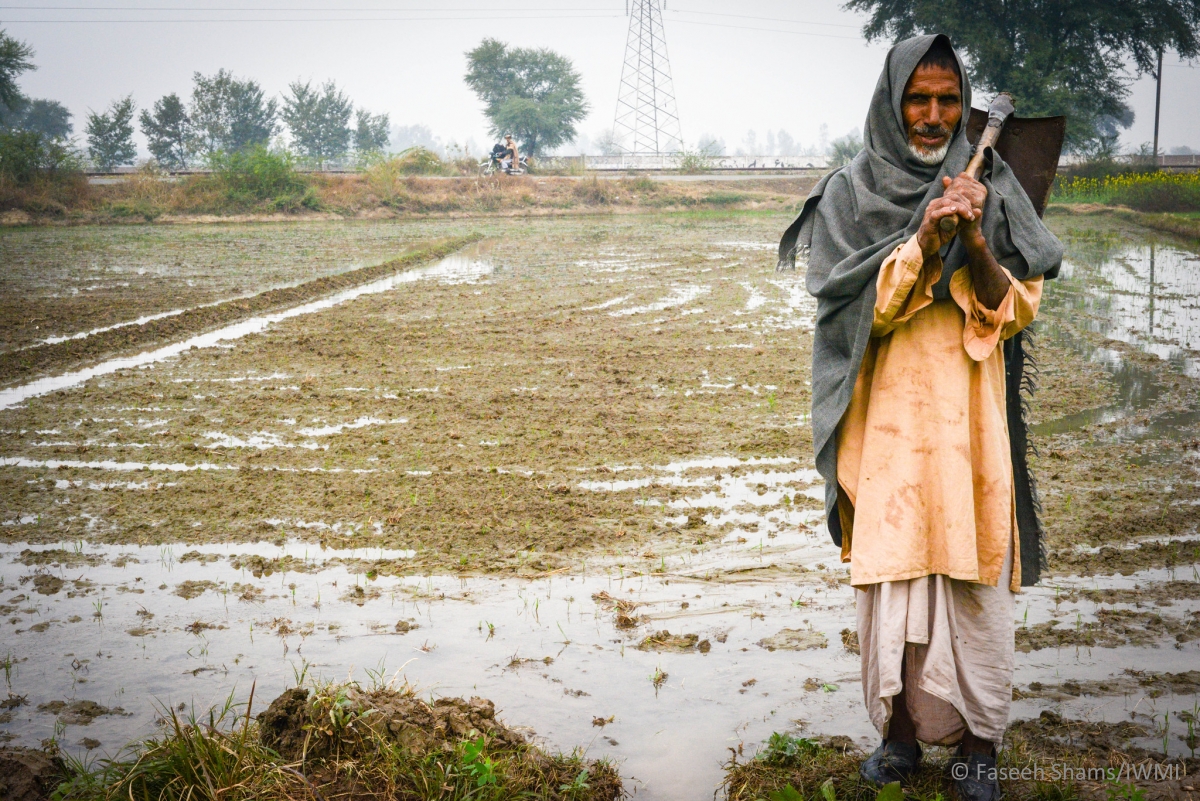
Author information:
Karen Villholth is a Principal Researcher with International Water Management Institute (IWMI), South Africa and its CGIAR Research Program on Water, Land and Ecosystems (WLE), and Coordinator of GRIPP – Groundwater Solutions Initiative for Policy and Practice. Tom Gleeson is an Associate Professor with University of Victoria, Canada. Richard Taylor is a professor at University College London, UK. Debra Perrone is an Assistant Professor at University of California - Santa Barbara, USA. David Hyndman is a Professor at Michigan State University, USA. All authors are signatories of the Global Groundwater Statement.






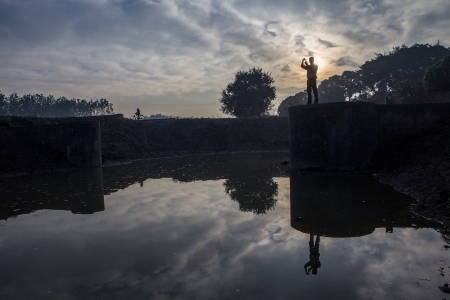
/index.jpg?itok=KK_btH_L&c=1e41ff7740f2c7be23dcc40569fe2d59)
